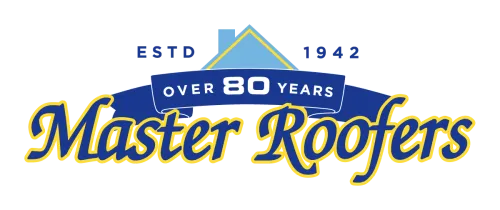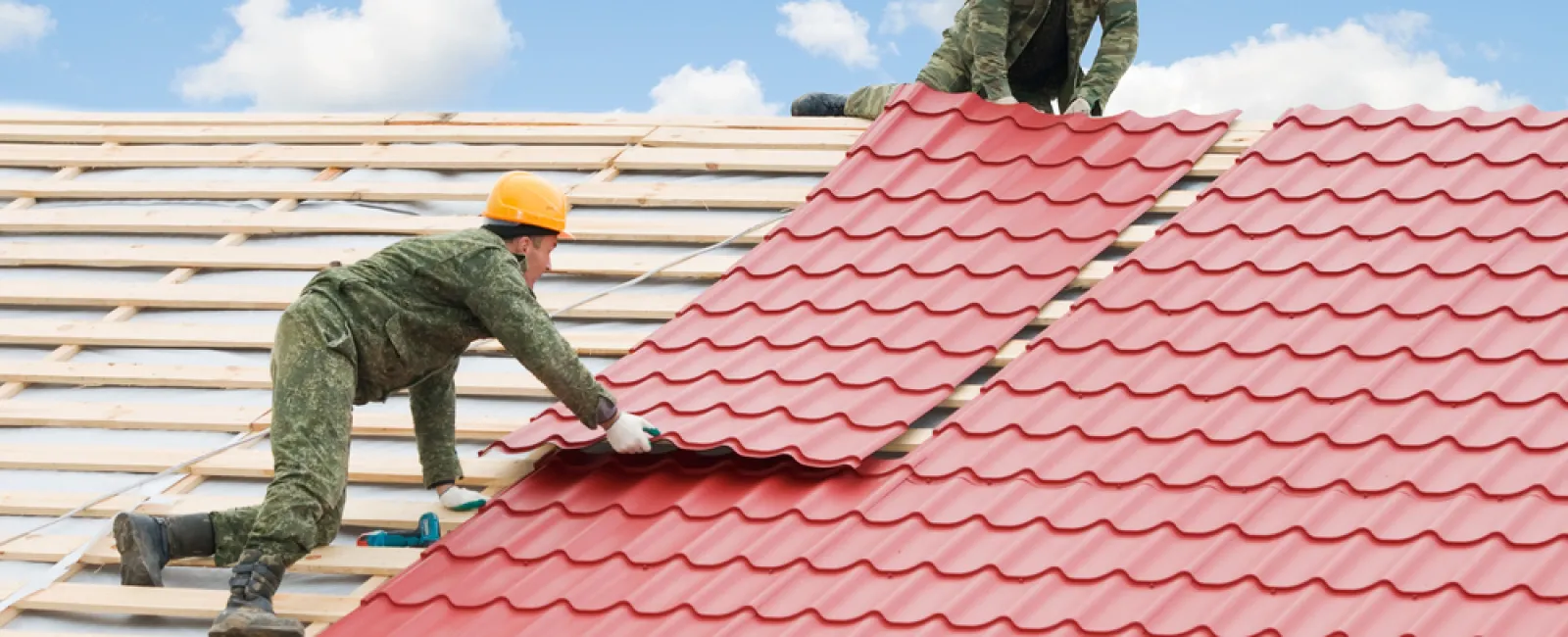Overview
In Haverhill, Massachusetts, the owner of a 1960s ranch-style home contacted
Master Roofers after dealing with persistent leaks around an aging skylight.
Despite prior attempts by local handymen to resolve the issue with temporary
fixes like silicone sealants, the problem kept returning. The homeowner was
referred to Master Roofers by a coworker who had experienced a similar issue
and was seeking a long-term solution.
Assessment and Inspection
Upon inspection, Master Roofers discovered that the skylight had likely been
installed in the 1980s and was well beyond its useful lifespan. The advisor
performed a full roof and skylight evaluation and found significant water
damage. Water was leaking not only inside the home but had also compromised the
flashing, shingles, and roof decking in that area. Rot had developed, and some
of the surrounding decking was degraded due to years of water infiltration.
Project Plan
Master Roofers offered the homeowner several options: remove the skylight and
reroof the area, reroof the entire home, or replace the skylight while
addressing the surrounding damage. The homeowner chose to reroof one side of
the ranch-style house while keeping the skylight. They opted for a fixed,
non-actuating skylight and wanted to replace the damaged decking, underlayment,
and shingles on that portion of the roof. Their goal was to address the
immediate problem while planning to complete the second side of the house in a
future phase, helping them manage costs more effectively.
Installation and Challenges
Once work began, the team discovered more extensive plywood
damage than initially expected. One of the rafters near the skylight had also
begun to deteriorate from prolonged moisture exposure. Fortunately, Master
Roofers had prepared for the possibility of deeper damage and had communicated
pricing for such contingencies in advance. The compromised rafter was replaced,
along with all damaged decking and roofing materials. This added some cost to
the project, but it remained within the homeowner's expectations thanks to
clear upfront communication.
Considerations for Partial Reroofing
The project involved reroofing only one slope of the home. The ridge vent was
also replaced, and all flashing was properly installed to ensure future
integration when the second side is completed. One common concern in staggered
roof replacements is color matching. While shingles from different production
batches can vary slightly, the homeowner was reassured that since each slope is
visible independently from ground level, any variation would be virtually
unnoticeable.
Results
The homeowner was extremely satisfied with the outcome. The new skylight with
an integrated light-filtering shade brought natural light into the home without
the worry of leaks. More importantly, the structural integrity of the roof was
restored. The integrated roofing system, including underlayment, flashing, and
shingles, provided confidence and long-term protection. The peace of mind from
not worrying about rain or snow entering the home was a major benefit. The
warranty coverage on the installation added further assurance.
Conclusion
This project illustrates the importance of addressing the root cause of a
roofing issue rather than relying on temporary fixes. With thorough inspection,
transparent communication, and expert craftsmanship, Master Roofers was able to
resolve a longstanding problem and restore both comfort and confidence for the
homeowner.
For more information about Master Roofers and the services
they offer, visit masterroofers.com
or call 603 623 4973.

